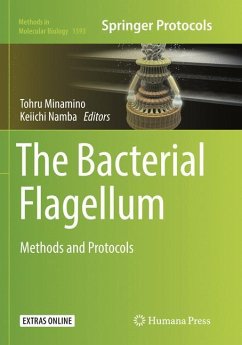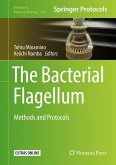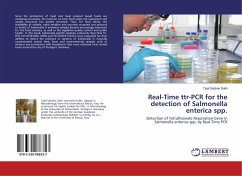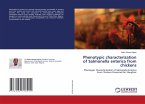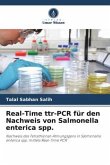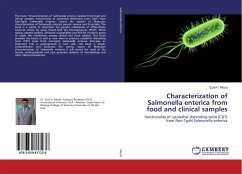This volume examines the structure and dynamics of the bacterial flagellum using bacterial genetics, molecular biology, biochemistry, structural biology, biophysics, cell biology, and molecular dynamics simulation. The chapters are divided into 4 parts: Part I describes flagellar type III protein exports, assembly, and gene regulation in S. enterica; Part II explains how to isolate the flagella from the bacterial cell bodies, and further explains how to conduct high-resolution structural and functional analyses of the flagellar motor; Part III talks about how to measure flagellar motor rotation over a wide range of external load, how to measure ion motive force across the cytoplasmic membrane, and how to measure dynamic properties of the flagellar motor proteins by fluorescence microscopy with single molecule precision; and Part IV explores the structure and function of Spirochetal, Vibrio, Shewanella, and Magnetococcus flagellar motors. Written in the highly successful Methods in Molecular Biology series format, chapters include introductions to their respective topics, lists of the necessary materials and reagents, step-by-step, readily reproducible laboratory protocols, and tips on troubleshooting and avoiding known pitfalls.
Cutting-edge and comprehensive, The Bacterial Flagellum: Methods and Protocols aims to provide valuable and vital research to aid in the investigation of the bacterial flagellum resulting from various bacterial species.
Cutting-edge and comprehensive, The Bacterial Flagellum: Methods and Protocols aims to provide valuable and vital research to aid in the investigation of the bacterial flagellum resulting from various bacterial species.

